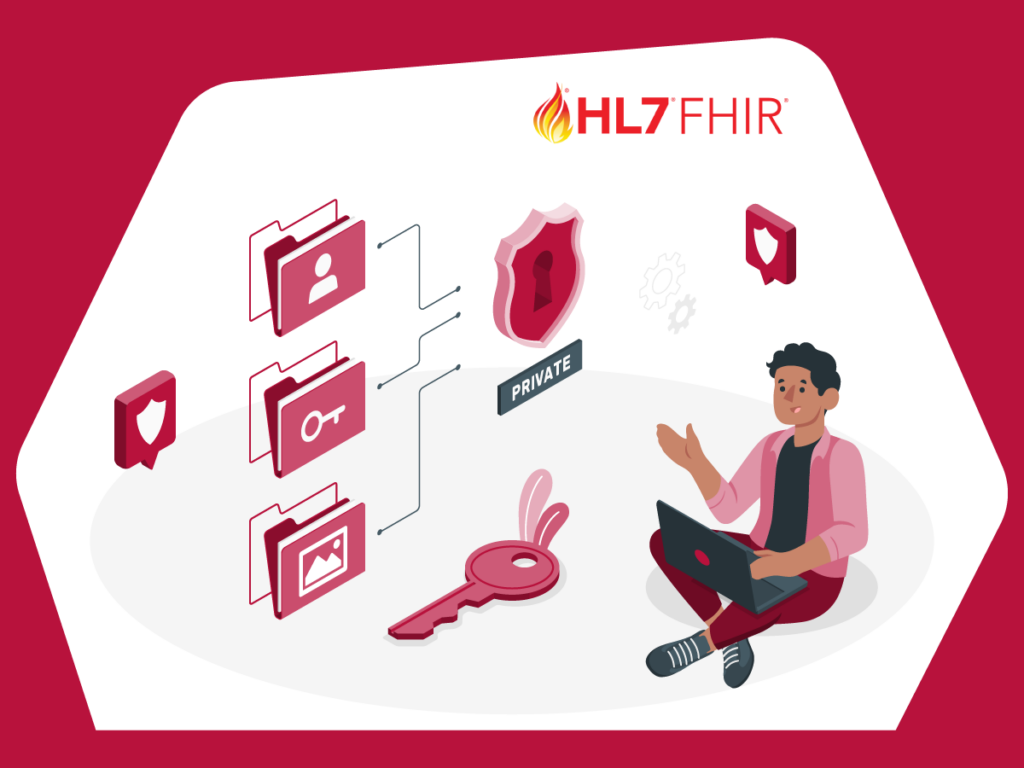
Understanding the Push for FHIR Standard Mandates in Healthcare
As the healthcare industry increasingly embraces digital transformation, the need for standardized data exchange is more critical than ever. One of the key innovations aimed at addressing this need is the Fast Healthcare Interoperability Resources (FHIR) standard, developed by Health Level Seven International (HL7). FHIR is an open standard designed to facilitate the exchange of healthcare information in a secure, standardized, and efficient manner. The U.S. government has recognized the potential of FHIR to streamline healthcare data management and improve patient outcomes, resulting in new legislation mandating its adoption across the healthcare industry. These mandates are pushing healthcare providers, insurers, and tech developers to align with this standard for better interoperability and data sharing.
The current push for FHIR adoption in the U.S. is largely driven by the 21st Century Cures Act, a piece of legislation passed in 2016 with the aim of accelerating innovation in healthcare. As part of this act, the U.S. Department of Health and Human Services (HHS) issued rules that compel healthcare organizations to implement FHIR-based APIs (application programming interfaces) for the exchange of patient data. These rules are designed to reduce data silos, eliminate information-blocking practices, and provide patients with more control over their health data. Healthcare systems that fail to meet these requirements risk facing penalties, while those who comply are expected to see significant benefits in terms of data access, efficiency, and improved patient care.
With FHIR adoption now a regulatory requirement, healthcare providers are under pressure to find effective ways to integrate these standards into their existing systems. This is where health technology companies like Itirra come into play. Based in Washington, Itirra has spent years honing its expertise in helping healthcare organizations successfully navigate the complexities of FHIR implementation. Whether it’s optimizing the interplay with electronic health record (EHR) systems or creating custom solutions for data sharing, Itirra’s experience ensures that its clients are able to meet compliance requirements while improving the overall quality of care.
Itirra stands out in the health tech landscape due to its comprehensive, bespoke approach to FHIR integration. The company understands that every healthcare industry service provider has unique needs and existing infrastructure, which is why Itirra offers tailored solutions that align with each client’s specific operational and regulatory requirements. From data migration to API development and security compliance, Itirra’s team of experts provides end-to-end support for the implementation of FHIR standards. Their deep knowledge of the healthcare sector allows them to bridge the gap between technology and healthcare consulting, physician advisors and revenue cycle management practices, ensuring that clients can seamlessly integrate FHIR into their workflows.
In conclusion, as healthcare continues to shift toward more interconnected and patient-focused models, FHIR’s role in ensuring data interoperability is becoming increasingly vital. The legislation mandating the use of FHIR standards is a game-changer, driving the industry toward more efficient, secure, and collaborative care. Itirra, with its extensive experience in FHIR-based solutions, is well-positioned to help healthcare service organizations meet these new demands while also empowering them to enhance patient care through smarter technology. Whether you’re looking to comply with regulatory mandates or take your health tech capabilities to the next level, Itirra is an invaluable partner in navigating the complexities of FHIR integration.

